In nutrition, the term "carbohydrates" refers to one of the three groups of macronutrients (carbohydrates, proteins and fats). Macronutrients are the main source of energy for our body and must therefore be taken in large quantities (hence the prefix "macro", which distinguishes them from the "micronutrients", which can be taken in smaller quantities).
From a chemical point of view, carbohydrates are so called because they consist of carbon, hydrogen and oxygen, and are molecules composed of one or more units (monomers) that can join to form more or less long chains (polymers). Depending on the number of monomers forming the chain, 3 groups are distinguished:
- Monosaccharides, consisting of 1 monomer (such as glucose, fructose and galactose) and disaccharides consisting of 2 monomers (such as sucrose, lactose and maltose);
- oligosaccharides consisting of 3 to 9 monomers (examples are FOS, fruit-oligosaccharides);
- polysaccharides composed of 10 or more monomers (such as starch and glycogen).
From the nutritional point of view we can divide carbohydrates into 2 large groups: the available carbohydrates (that is, those that we can digest and use for metabolic purposes) and carbohydrates not available (which pass undigested through the small intestine and are used by our intestinal microbiota).
In the past, carbohydrates have been divided into simple and complex sugars, meaning simple (short-chain) sugars such as glucose, fructose and sucrose, and long-chain sugars such as starch. This distinction should, however, be abandoned, as it may mislead as to their nutritional role.
In this article we will see in which foods are found carbohydrates, what is their function and we will mention the vast topic of their effect on human health.
What are they for?
Carbohydrates (those available) play a mainly energetic role, allowing us to perform all metabolic functions (digestion, cardiac and cerebral activity, muscle movement, etc.).
The available carbohydrates are used by our cells mainly in the form of glucose. Glucose is mainly obtained by digesting more complex carbohydrates, such as starch in pasta and bread, and may be present in free form in certain foods.
Starch is digested by our ruling apparatus (already from chewing, where the amylase enzymes come into operation) until it is broken down into glucose, that can pass through the intestinal membrane and enter the bloodstream to be used as a source of energy or be stored, in the form of glycogen, in the liver and muscles, or transformed into reserve fat.
Many tissues use glucose as an elective source of energy or are dependent on it (i.e., they cannot use other sources of energy). This is one of the reasons why most nutritional recommendations require that you take at least half of your daily calories from carbohydrate sources with your diet.
The unavailable carbohydrates, on the other hand, have different roles, the most important of which is the role played by dietary fiber (which we will talk about in the next article), which is to facilitate intestinal motility and to be digested by the intestinal microbiota, determining its composition, with important effects on the health and functioning of the entire organism.
Where are they?
The main source of carbohydrates in our diet is of plant origin, such as cereals, legumes, fruits and vegetables and all their derivatives. We also find carbohydrates in dairy products (lactose is in fact a disaccharide sugar), in dried fruit, in seeds and of course in all products that contain added sugar or that are prepared with sugars and flours, in fruit juices and in many spirits.
Carbohydrates are NOT all the same.
We have seen that carbohydrates are present in a very large amount of everyday foods, and they are found in greater quantities in pasta, bread, rice, potatoes: all foods that have a considerable amount of starch. We have also said that nutritional recommendations advise us to consume about half the daily calories from carbohydrates in our diet. But there is one very important thing to add: the food source of carbohydrates we choose has a great impact on our health.
The foods from which we get our daily carbohydrate intake are not all the same. The biggest distinction that we can make is between refined foods, meaning those very processed and processed foods, and in the case of carbohydrates, often deprived of the part that contains fiber and other nutrients (such as white bread, nonintegral pasta, white rice)and whole foods, which retain many useful nutritional properties.
Whole foods are in most cases a better choice because:
- They preserve the food fiber, which in addition to performing important functions for the body, slows down the absorption of sugars, lowering the glycemic index of the food;
- They retain many nutrients such as vitamins and minerals and bio-compoundsactive, which are lost by the refining process;
- They have a higher satiating power, and therefore help to limit the intake of calories and to control weight.
Nutritional recommendations also advise us to limit the intake of simple sugars to 10% of total daily calories. This is due to the fact that monosaccharides and disaccharides (especially added ones), due to the speed of their absorption, generally have the effect of raising blood sugar very quickly, causing glycemic peaks and consequent insulin peaks that, in the long run, may predispose to diseases such as insulin resistance, metabolic syndrome, obesity and type 2 diabetes (1), (2). Even in this case, however, you do not have to make all the grass a bundle: it is very different to take the intake of simple sugars from good fresh fruit or from a sweetened drink. The effect on blood sugar will be totally different, and of course, unlike the sweetened drink (which can only offer us empty calories), from fruit we will take not only sugar, but also fiber, vitamins, bio-compounds and minerals.
With this in mind, we can create an indicative list of foods recommended and not recommended
Foods to increase consumption:
- Wholegrain cereals
- Fruit
- Vegetables
- Legumes
- Nuts and seeds
- Certain tubers (for example, American potato or other tubers rich in fibers
Foods to avoid:
- Sugary drinks
- Traditional sweets, sweets and biscuits
- Fruits juices
- Fast food (generally rich in simple sugars and trans fats)
Carbohydrates make you fat?
Very often we feel that to lose weight we have to reduce the carbohydrate intake in favor of fats and proteins. In recent years there has been a real explosion of popularity of the so-called low-carb diets, that is low-carbohydrate.
First of all it is good to specify a very important concept: to determine if we lose or acquire body weight is mainly the energy balance.
If the energy balance is positive, that is, we introduce more calories than we consume, we will gain weight. If, on the contrary, the energy balance is negative, and therefore we introduce fewer calories than the ones we consume, then we will lose weight. If the energy balance is 0, and the calories introduced are equal to those consumed, our weight will remain unchanged.
For weight control it is therefore essential to control the caloric intake. Obviously, this does not mean that you have to structure your diet based on the concept of calories. The quality and composition of our diet, in fact, have enormous effects on our health and weight maintenance. This is because the metabolic effect of the foods we introduce is very different depending on whether they are carbohydrates, fats or proteins. You must therefore know how to balance your diet, and never miss good physical activity, essential for maintaining a good health condition.
Having said that, it is important to remember that, as far as carbohydrates are concerned, the concepts of glycemic index and glycemic load, of which we have spoken in this articolo IGarticolo.
Low-carbohydrate diets may be useful for losing weight, but studies are still lacking to assess their long-term effects. There is plenty of evidence to confirm that diets with a good carbohydrate intake (from 45% to 60% of total calories) are beneficial for health (provided that the carbohydrate sources are healthy) (3), (4).
Carbohydrates can therefore cause weight gain and obesity if in a context of a diet with excess calories and prevalence of consumption of carbohydrates from refined foods (especially flour) and added sugar.
Conclusions
Carbohydrates are a very important macronutrient in our diet. They provide energy for all functions and if taken from the right sources (ie whole and unprocessed foods, fruits, vegetables, legumes, nuts and seeds) also provide a valuable contribution of vitamins, minerals, bio-active compounds and dietary fiber.
It is good to choose food sources of carbohydrates that have a low index and glycemic load, selecting products that naturally have these characteristics, generally foods rich in fiber, or processed foods with high quality raw materials and without refined flours and added sugar.
Minimizing the consumption of sugary drinks and sweets can bring great benefits for both weight control and health in general.
Sources and insights
- Te Morenga LA et al. - Dietary sugars and cardiometabolic risk: systematic review and meta-analyses of randomized controlled trials of the effects on blood pressure and lipids. - Am J Clin Nutr. 2014 Jul;100(1):65-79.
- Schulze MB et al. - Sugar-sweetened beverages, weight gain, and incidence of type 2 diabetes in young and middle-aged women. - JAMA. 2004 Aug 25;292(8):927-34.
- Aune D1 et al. - Whole grain and refined grain consumption and the risk of type 2 diabetes: a systematic review and dose-response meta-analysis of cohort studies. - Eur J Epidemiol. 2013 Nov;28(11):845-58.
- Afshin A et al. - Consumption of nuts and legumes and risk of incident ischemic heart disease, stroke, and diabetes: a systematic review and meta-analysis. - Am J Clin Nutr. 2014 Jul;100(1):278-88.
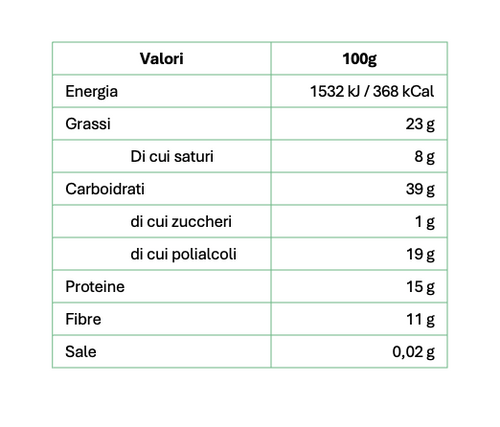
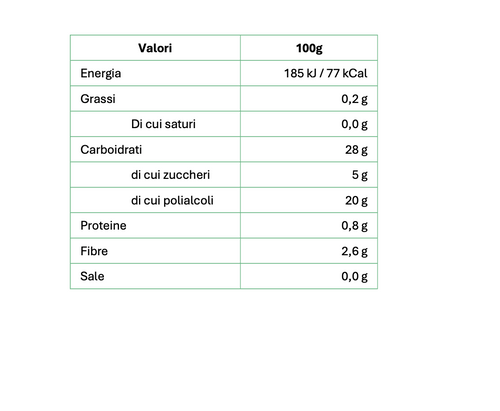
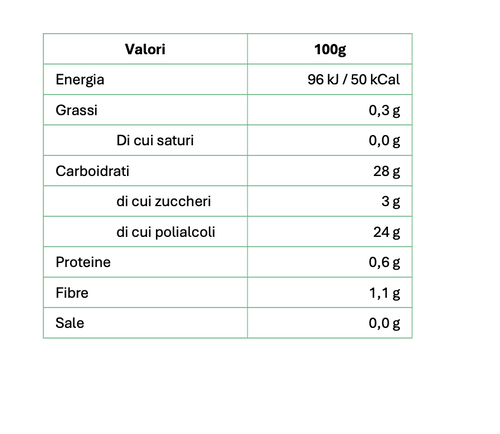
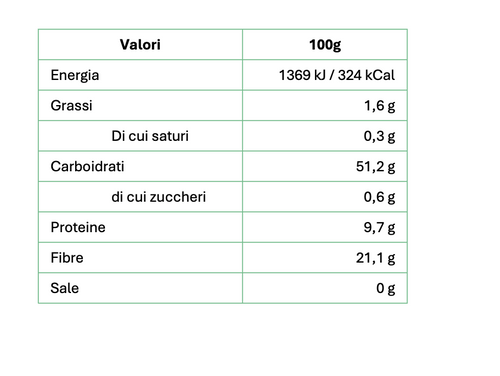
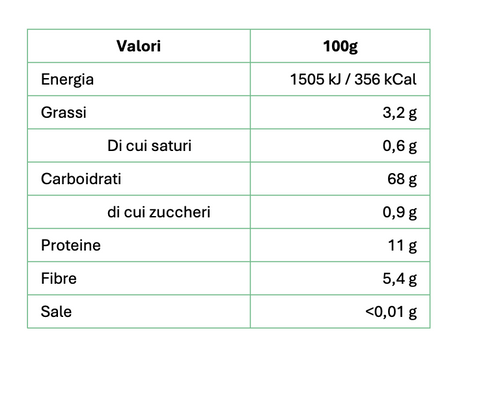
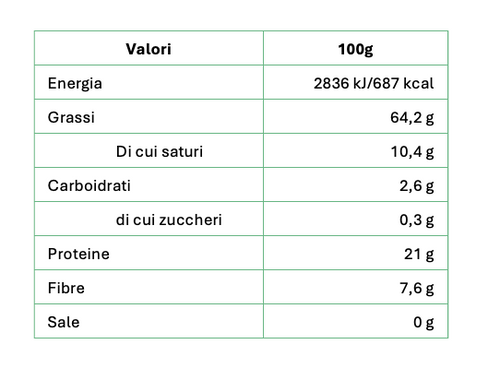
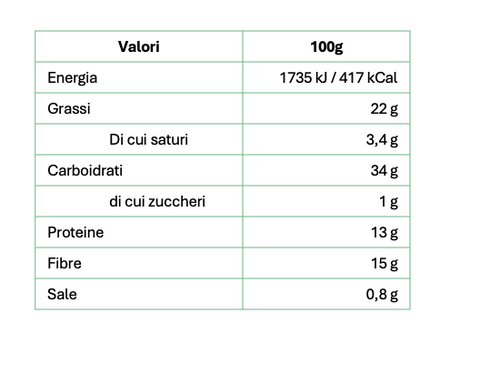
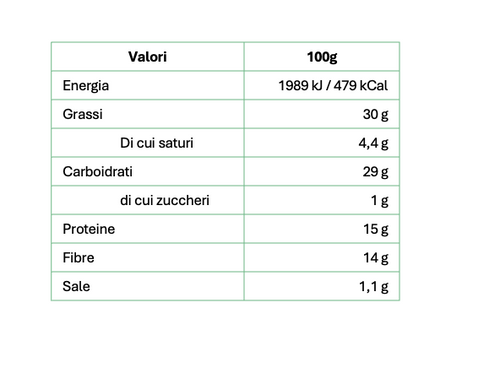
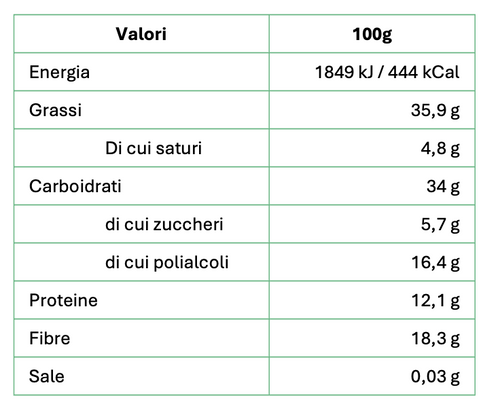
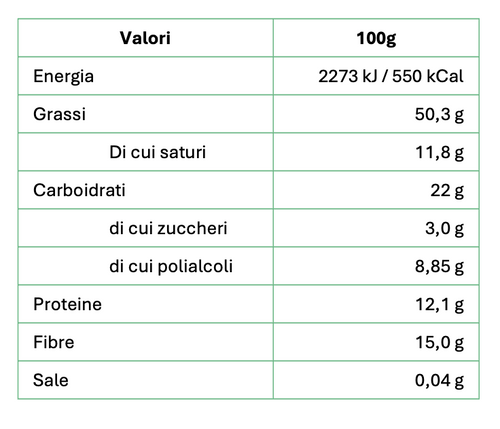
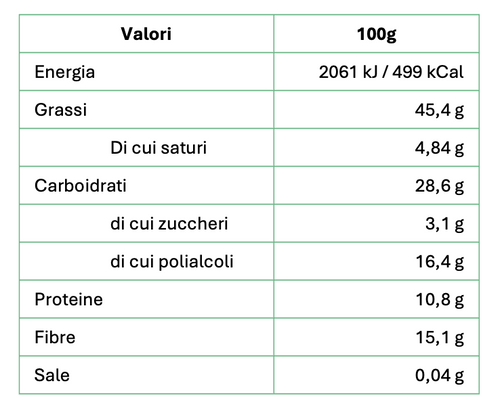
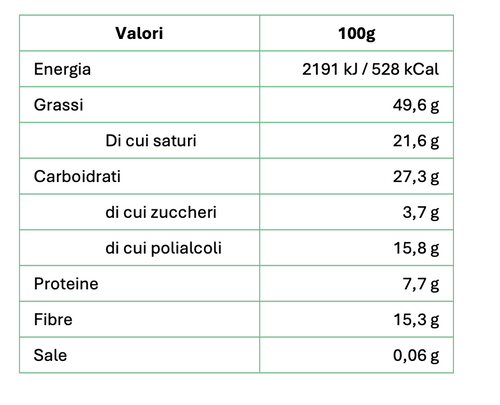
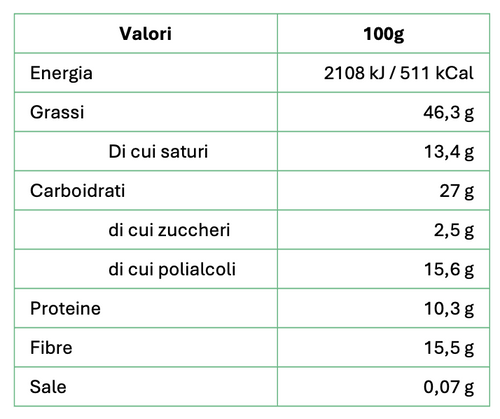
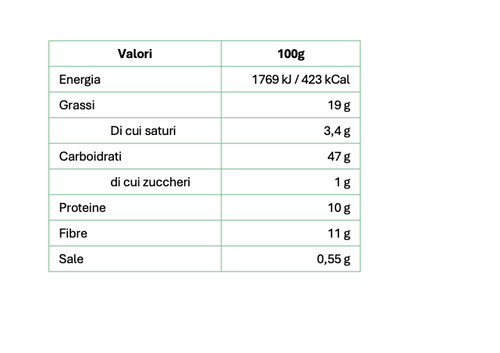
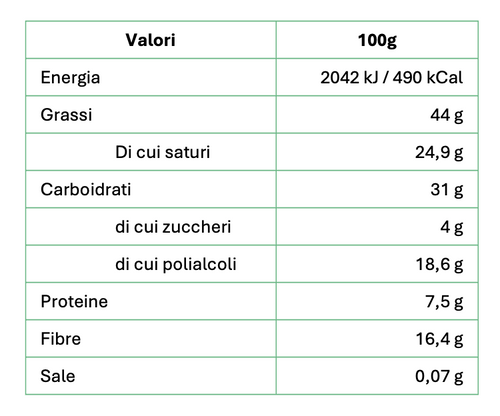
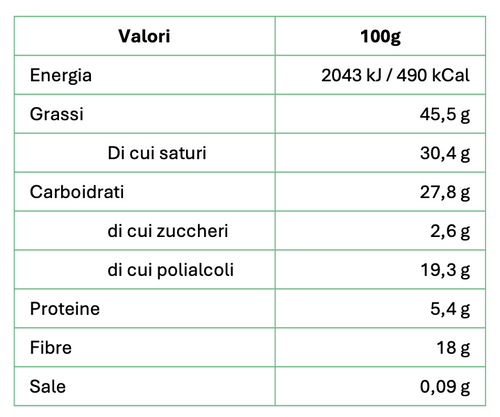
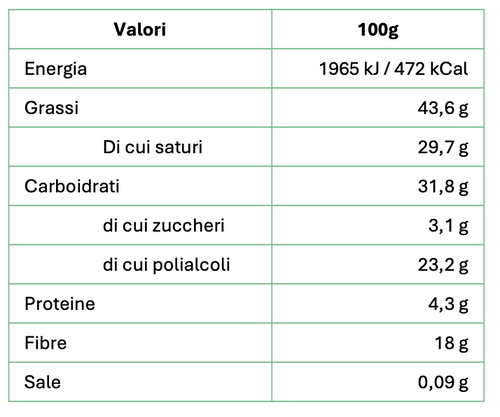
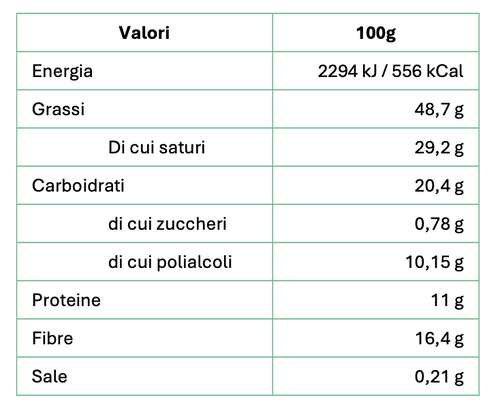
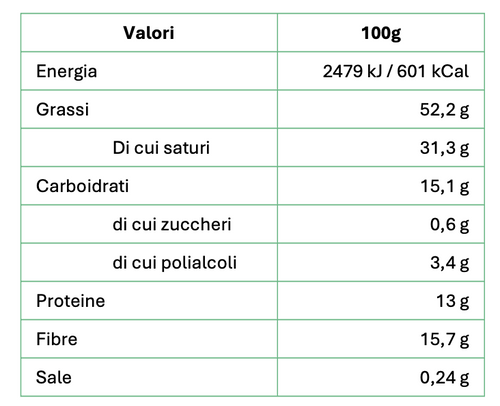
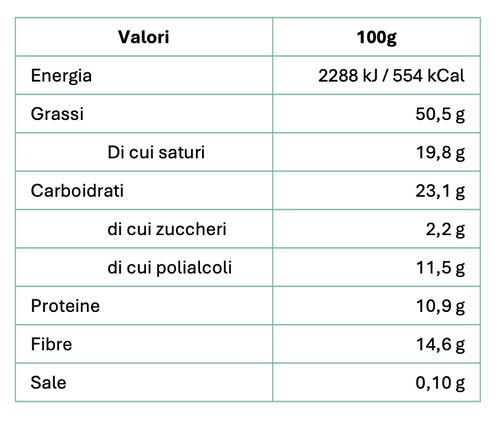
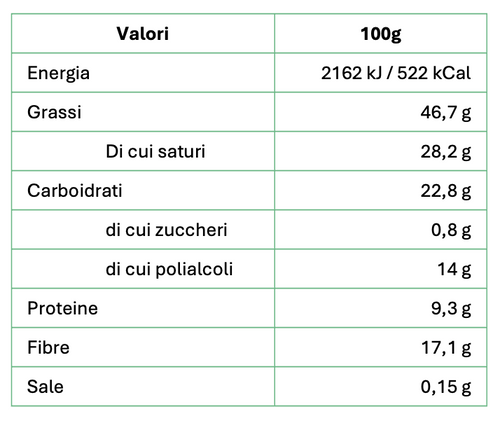
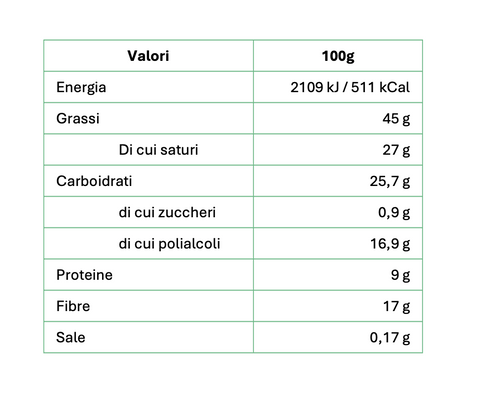
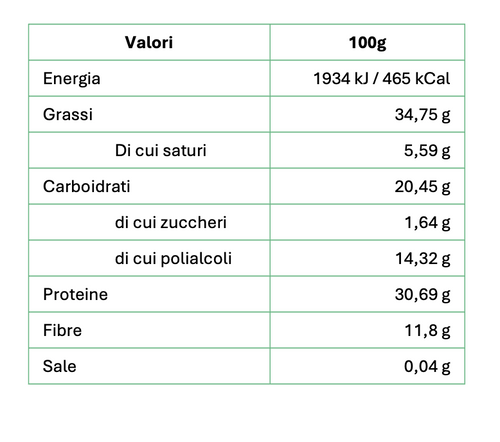
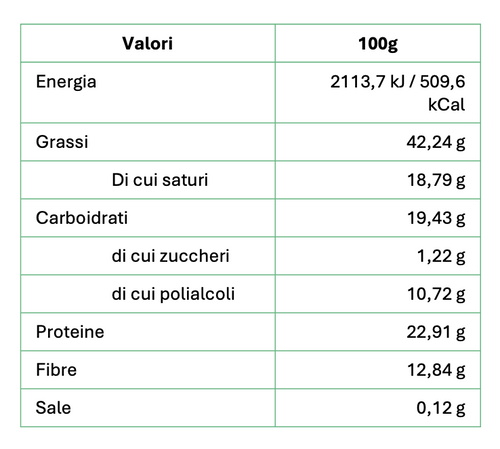

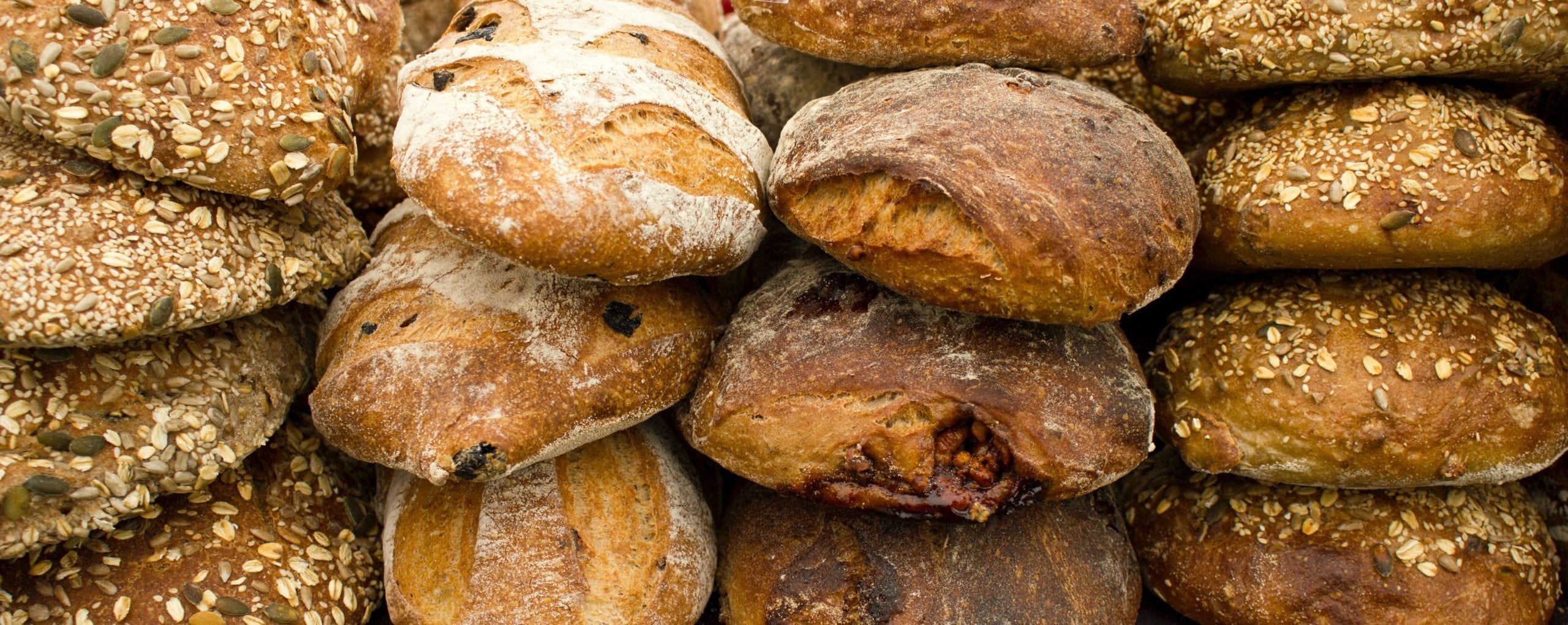
Share and get 15% off!
Simply share this product on one of the following social networks and you will unlock 15% off!